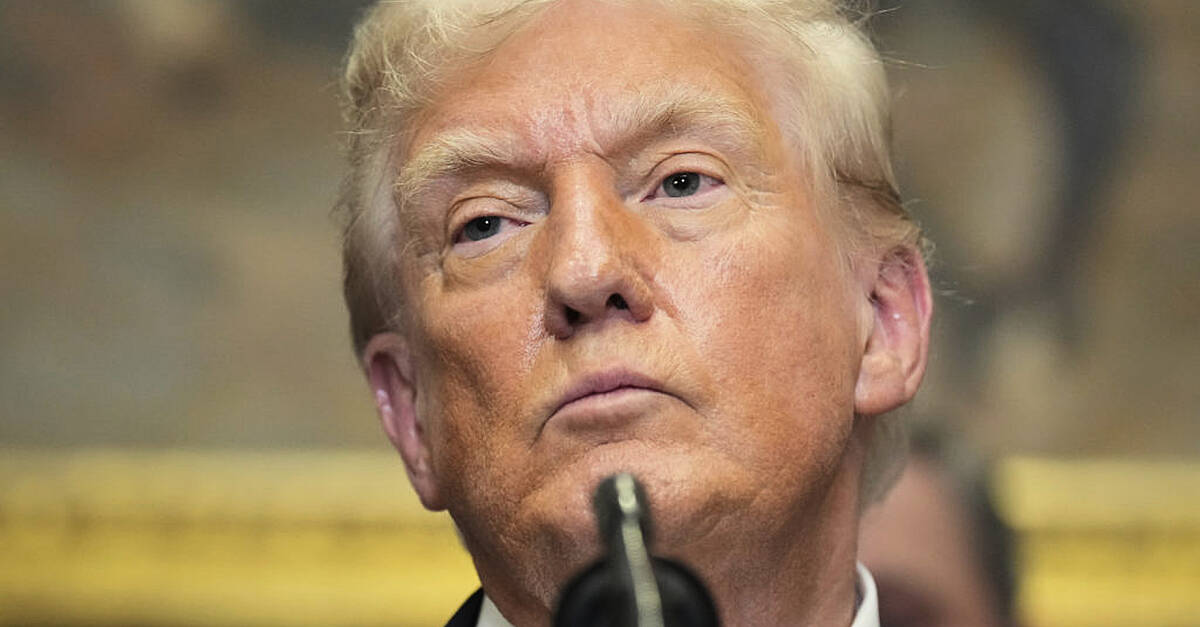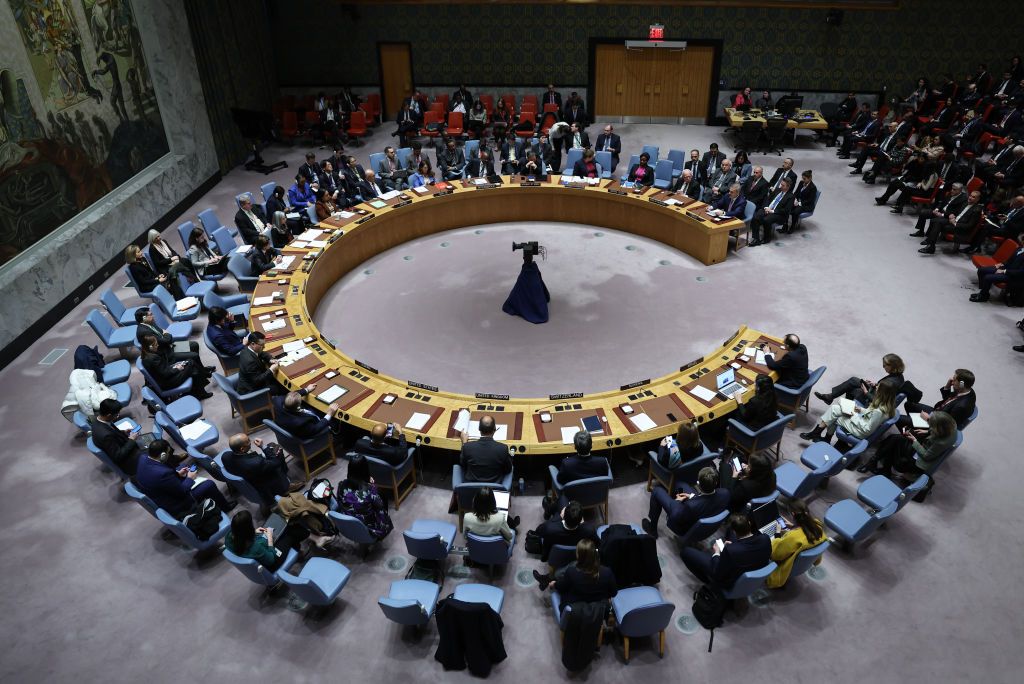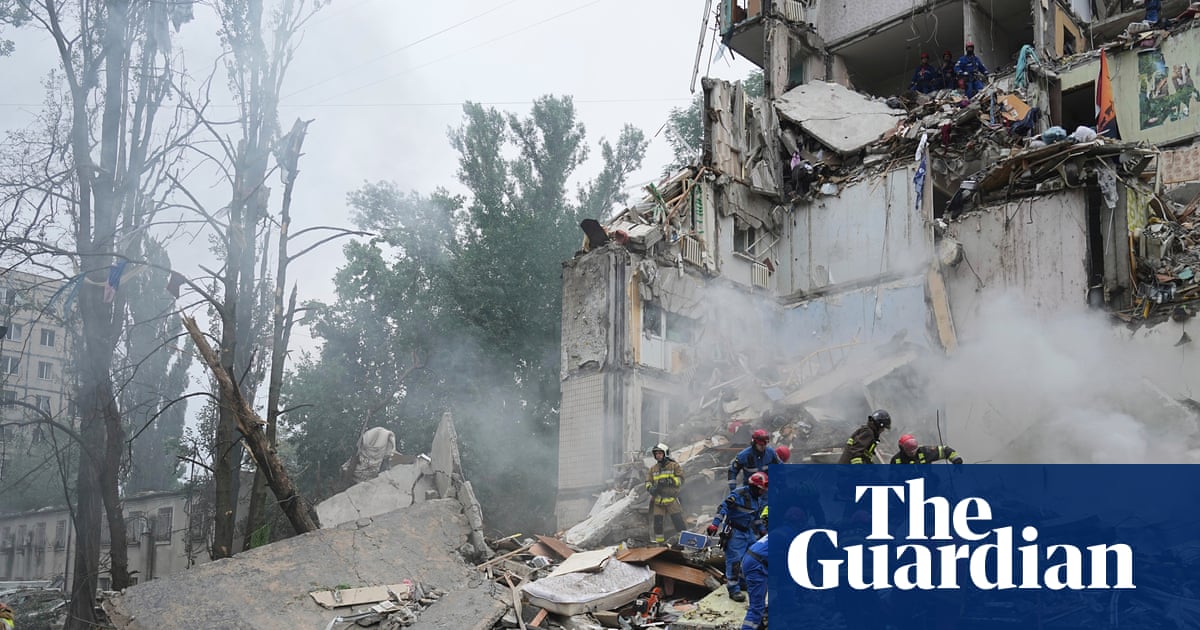Trump's Nuclear Warning: Are We on the Brink of Another Cold War?

In a surprising twist that could escalate tensions between the U.S. and Russia, President Donald Trump has ordered the repositioning of two U.S. nuclear submarines. This decision is a direct response to "highly provocative statements" from former Russian President Dmitry Medvedev, who has recently been vocal about Moscow's stance in the ongoing conflict with Ukraine.
In a post on his social media platform, Trump asserted, “Words are very important, and can often lead to unintended consequences. I hope this will not be one of those instances.” This statement underscores the gravity of the situation, as the world watches closely for any signs of escalating rhetoric or military maneuvers.
The timing of Trump's order is particularly critical, occurring amidst ongoing diplomatic tensions and military actions in Ukraine. Special envoy Steve Witkoff is on his way to Russia, aiming to broker a ceasefire and warning of new economic sanctions if progress isn't made. Trump has shortened his deadline for action from 50 days to just 10, intensifying the urgency of the situation.
Just hours before announcing the submarine repositioning, Trump had publicly dismissed Medvedev as a “failed former president of Russia,” advising him to “watch his words” in the face of rising global tensions. Medvedev swiftly countered, proclaiming, “Russia is right on everything and will continue to go its own way.”
When asked about the specifics of the submarine movements, Trump remained vague but assured that precautions were being taken. “We had to do that. We just have to be careful,” he stated. The president emphasized the importance of preparation, especially when nuclear weapons are mentioned, asserting, “When you talk about nuclear, we have to be prepared. And we’re totally prepared.”
Medvedev, who served as Russia's president from 2008 to 2012, has shifted his tone dramatically since the onset of the war in Ukraine, frequently utilizing nuclear threats to bolster his political standing within Russia. His transition from a perceived liberal figure to a hawkish voice reflects the increasing tensions within the global political landscape.
In the past, Medvedev and Trump have exchanged barbs online, each trying to outmaneuver the other in a game fraught with risks. Medvedev's responses to Trump's threats have often been laced with mockery, as he aims to solidify his position among Russian hardliners while simultaneously addressing international audiences.
As both leaders stand firm on their respective positions, the dialogue surrounding nuclear capabilities and geopolitical strategy continues to shift dramatically. With global peace hanging in the balance, many are left wondering: how far will these two leaders go in their quest for dominance?






















